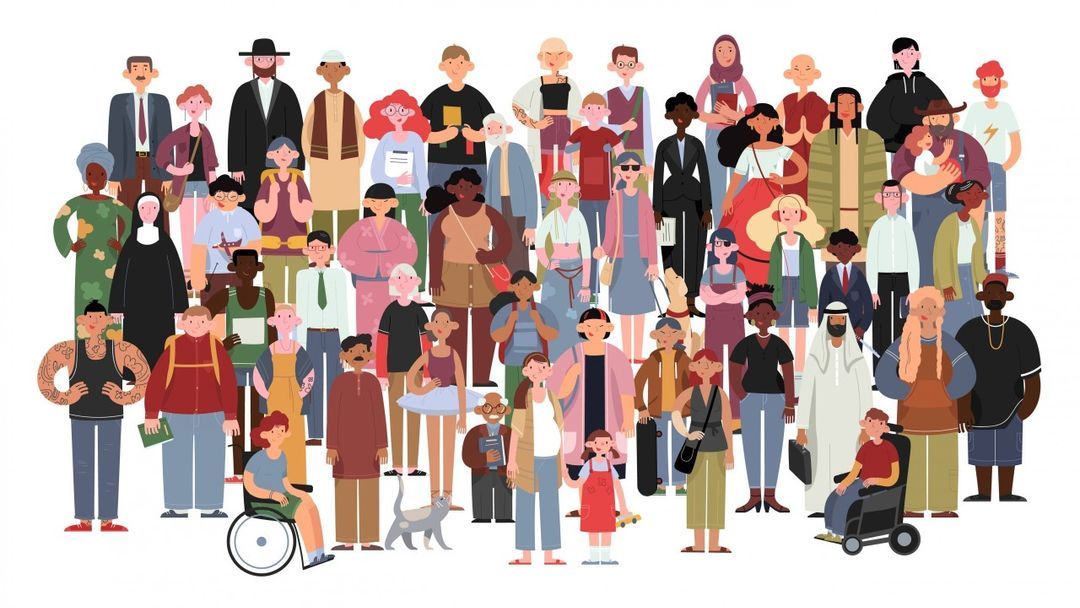The We Work Effect
11 Jul, 20182 MinsWhilst WeWork occupies a mere 2% of global flexible workspace (and hence a tiny proportion o...

Whilst WeWork occupies a mere 2% of global flexible workspace (and hence a tiny proportion of the whole commercial office footprint) its $20Bn valuation makes it an object of fascination. There are those who believe WeWork’s business model is little different to the most established operator IWG/Regus and, on that basis, its unicorn-like valuation would scale back to more like $3Bn. The severest critics see it as little more than a ponzi scheme, with its achingly lengthy $18Bn lease obligations paid for by fickle customers who can vacate their buildings on zero notice.
In some ways, it really doesn’t matter how you see it. What WeWork has achieved more than any other flexible workspace operator – of which there are now about 4,000 worldwide – is to draw attention to the importance of creating a work environment that responds to customer needs and aspirations, particularly those of millennials. If you are lucky enough to work in One Apple Park Cupertino or Facebook’s new Menlo Park home, you probably take rooftop parks, bicycle repair shops, modern artworks and staff restaurants for granted. But few self-employed or small businesses can afford to pay for such luxuries with their meagre P&Ls. However, this new generation of workplace operator – and Manhattan-based Knotel and Convene are other great examples of the genre – have started to democratise the workplace experience in ways not seen before.
The implications are significant. Even the great dinosaurs of real estate are starting to talk about (office) space-as-a-service, a far cry from the feudal language of landlords and tenants. But the greatest impact may be on mainstream employers. Those companies that are reluctant adopters of open-plan offices, casual dress codes, shared amenities, community events, not to mention dogs, free beer and the rest may struggle to attract talent that has been brought up in such a laissez-faire work environment and expect nothing less as they join mature businesses.


